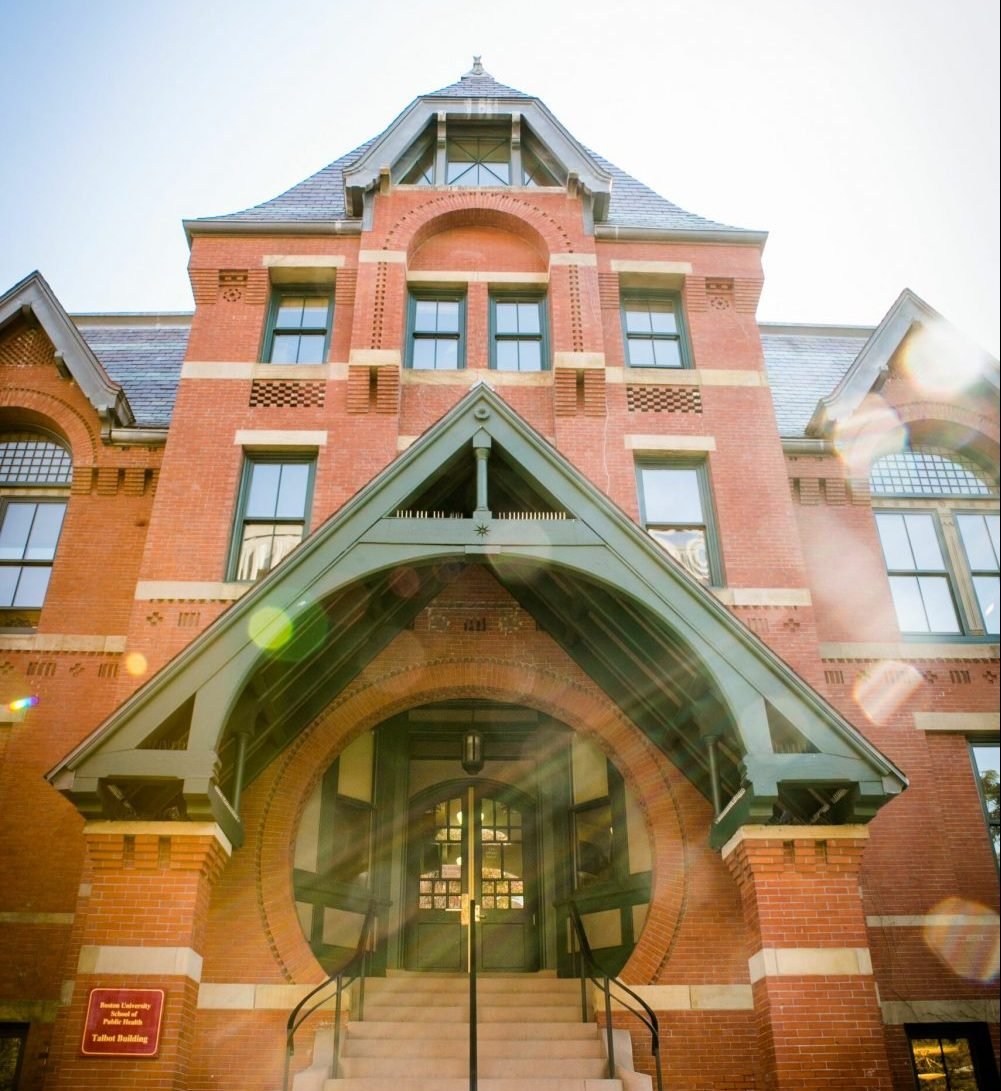Today marks the two-year anniversary of the murder of George Floyd at the hands of a white police officer in Minneapolis, Minnesota. It has been two years since we were reminded, brutally, of the persistence of racism in our society, and of the threat it poses to the health of Black communities—to the health of our nation. In a tragic confluence of events, this anniversary falls just weeks after a racially motivated shooting in Buffalo, NY, in which racism once again led to violence and the murder of Black Americans. In this context, the anniversary of Floyd’s murder takes on increased urgency as a call to reengage with the challenge of ending racism, to build a healthier world.
George Floyd’s murder was fundamentally a tragedy—for Floyd, for his family and community, for the country and the world. It sparked a national reckoning with racism and police brutality. It shaped how we talk about these issues and the moral urgency we bring to this conversation. This conversation remains vital, ongoing, a living testament to a life horrifically cut short.
For many, this conversation was new, unfamiliar, perhaps uncomfortable. For those of us in public health it was an overdue profile-raising of truths we have long known, that should always have been central to our thinking. We have long known that racism undermines the health of those who face it, that racism keeps us all from being fully healthy as a society. This was particularly clear during COVID-19, a global tragedy with which Floyd’s death intersected. As the pandemic unfolded, Black Americans were three times as likely to sicken and twice as likely to die from the disease than white Americans. This vulnerability to disease long predated the pandemic and has been reflected by a range of Black-white health gaps, in which communities of color have long borne poorer health. The roots of these health gaps run deep, stemming from a history of racism that is inextricable from our country’s legacy of slavery. George Floyd’s murder, and the Black-white health gaps made unignorable by COVID-19, were a stark reminder, if we needed one, that we cannot address poor health in the present without addressing this history.
In the years since George Floyd’s murder, our school has worked to build on our longstanding engagement with the link between racism and health. We have welcomed lawmakers to our community to discuss antiracism as health policy, our scholars have engaged with the BU Center for Antiracist Research to continue this conversation, and our students, faculty, staff, and alumni work each day to shape a world free of racism and the poor health it creates. This focus is consistent with our community’s commitment to Diversity, Equity, Inclusion, and Justice, a commitment which shapes all we do, on a long journey to do better by our community, inhabiting our responsibility to create an anti-racist world.
The trauma of George Floyd’s murder remains raw, reflecting a broken status quo we have not yet fully addressed. We cannot bring George Floyd back, but we can work to ensure that his memory will forever be linked to a better future to which we should all aspire. Thank you to all who are engaging in this work, today and every day.
Warm regards,
Sandro
Sandro Galea, MD, DrPH
Dean, Robert A Knox Professor








